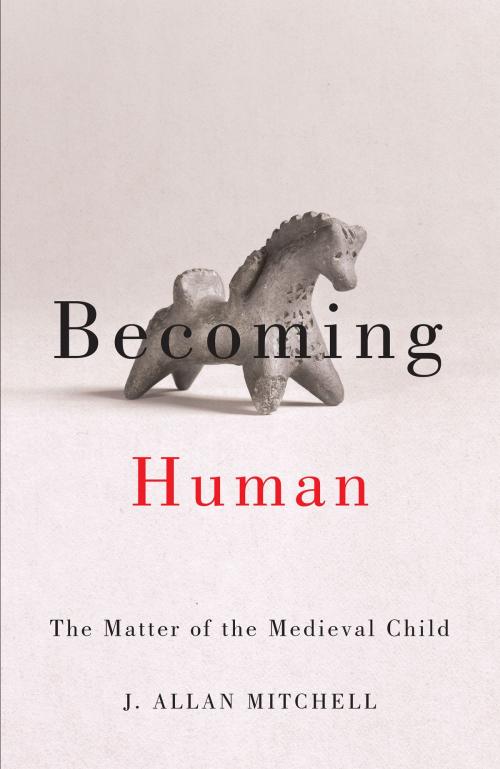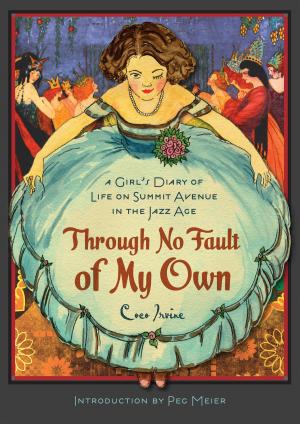Becoming Human
The Matter of the Medieval Child
Fiction & Literature, Literary Theory & Criticism, Medieval, Nonfiction, Religion & Spirituality, Philosophy, Social & Cultural Studies, Social Science| Author: | J. Allan Mitchell | ISBN: | 9781452941578 |
| Publisher: | University of Minnesota Press | Publication: | May 1, 2014 |
| Imprint: | Univ Of Minnesota Press | Language: | English |
| Author: | J. Allan Mitchell |
| ISBN: | 9781452941578 |
| Publisher: | University of Minnesota Press |
| Publication: | May 1, 2014 |
| Imprint: | Univ Of Minnesota Press |
| Language: | English |
Becoming Human argues that human identity was articulated and extended across a wide range of textual, visual, and artifactual assemblages from the twelfth to the fifteenth centuries. J. Allan Mitchell shows how the formation of the child expresses a manifold and mutable style of being. To be human is to learn to dwell among a welter of things.
A searching and provocative historical inquiry into human becoming, the book presents a set of idiosyncratic essays on embryology and infancy, play and games, and manners, meals, and other messes. While it makes significant contributions to medieval scholarship on the body, family, and material culture, Becoming Human theorizes anew what might be called a medieval ecological imaginary. Mitchell examines a broad array of phenomenal objects—including medical diagrams, toy knights, tableware, conduct texts, dream visions, and scientific instruments—and in the process reanimates distinctly medieval ontologies.
In addressing the emergence of the human in the later Middle Ages, Mitchell identifies areas where humanity remains at risk. In illuminating the past, he shines fresh light on our present.
Becoming Human argues that human identity was articulated and extended across a wide range of textual, visual, and artifactual assemblages from the twelfth to the fifteenth centuries. J. Allan Mitchell shows how the formation of the child expresses a manifold and mutable style of being. To be human is to learn to dwell among a welter of things.
A searching and provocative historical inquiry into human becoming, the book presents a set of idiosyncratic essays on embryology and infancy, play and games, and manners, meals, and other messes. While it makes significant contributions to medieval scholarship on the body, family, and material culture, Becoming Human theorizes anew what might be called a medieval ecological imaginary. Mitchell examines a broad array of phenomenal objects—including medical diagrams, toy knights, tableware, conduct texts, dream visions, and scientific instruments—and in the process reanimates distinctly medieval ontologies.
In addressing the emergence of the human in the later Middle Ages, Mitchell identifies areas where humanity remains at risk. In illuminating the past, he shines fresh light on our present.















